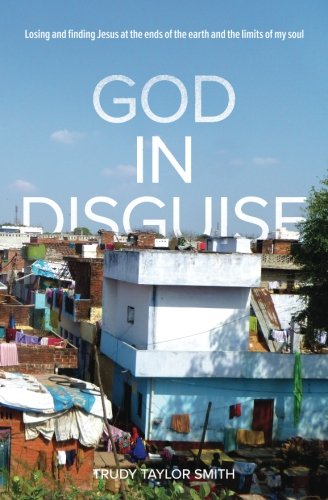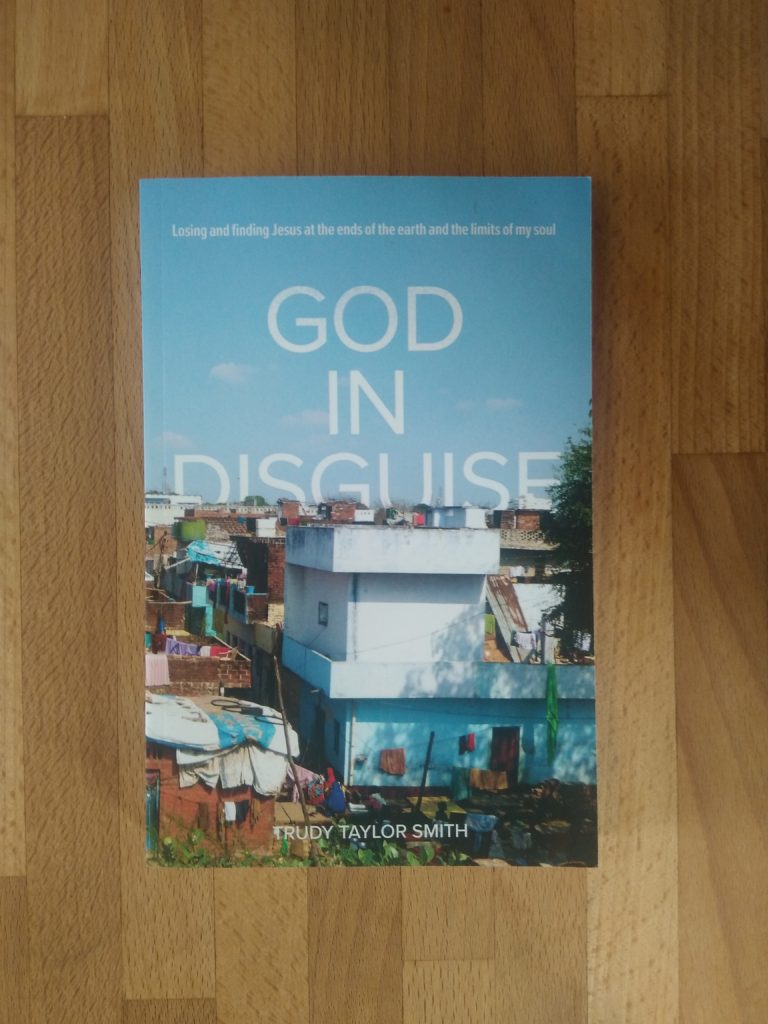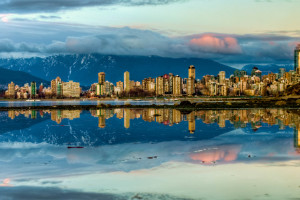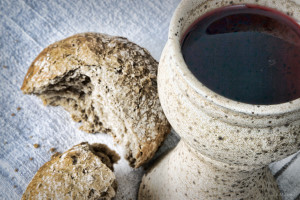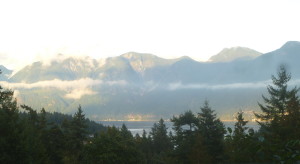It’s been a busy month and a half since I crossed the threshold from being eclectically-occupied-without-remuneration into the full-on, 9-to-5 work world. In December, I started a new job as a support worker with a small non-profit that serves refugee claimant families in the Vancouver area. I get to journey alongside families who have succeeded in their refugee claims (and some who are snagged in the lengthy appeals process) as they continue to navigate language learning, looking for work, and putting down roots in the soil of this strange country that is becoming home.
What does all of that look like in practical terms? Ironically, it looks a lot like what I was doing in India, except with more structure and more resources: my days are spent tracking down job opportunities, registering kids for school, celebrating birthdays, sharing home-cooked meals, and filling out paperwork for work permits, subsidized housing, income assistance. I fax and call and wade through the labyrinthine bureaucracy of automated answering systems to talk to government offices. I drive all over new streets with new people in my new-to-me car, trying to make it to appointments on time and without getting lost. I apply for legal aid, and exchange magic tricks with a bored fourth grader in the office while we wait with his parents. I drink sweetened coffee or green tea with cardamom in people’s living rooms and listen to stories—political histories of places I’ve never visited, and personal histories of the people who have been forced out of them.
The job has involved dusting off my Spanish, picking up some Kurdish, and enjoying the near-universal utility of the Arabic phrases my neighbors taught me in India: A–salaam-aleikum, Alhamdulillah, Khuda Hafiz. Peace to you. Praise God. May God be your Guardian.
Some days I marvel at the calm of a brave single mother in the midst of a storm, raising her children and calmly offering me cookies at her kitchen table while her husband waits on another continent to be able to join her. Other days I marvel at the injustice—and the absurdity—of a prosperous city in which parents work hard for years and still can’t afford market-rate rent for their families.
It strikes me that this job is a sort of second chance. I am filled with hope and energy as I connect with people, and as I channel my skills and effort into helping create a community of welcome and belonging for the strangers in our midst. True, I can escape to a peaceful apartment at the end of each day, but again, I find myself in the situation of befriending people whose struggles and stories refuse to be contained in any professional office space or business hours. I bring those stories home with me and I think about them and I care. Again, I find myself with a finger on the pulse of pain and dislocation in our world, too close to ever forget about the bloodshed and trauma and loss that haunt the lives of so many.
It also strikes me that this job is a sort of test. How well have I learned to care for myself? How much respect have I gained for my own limits, and how well can I separate my identity from my success in meeting others’ expectations? Can I love without losing myself this time? I wonder. Passionately throw myself behind a cause without burning out?
They’re the kinds of questions which can’t be answered apart from being lived. So with all my apprehension and excitement, I continue along this path that leads me through déjà vu and new territory at the same time. I can sense how far I have come and yet how very far I have to go, but for now, my heart is filled with gratitude for yet another spiral in this healing journey.
Refugee claimant
